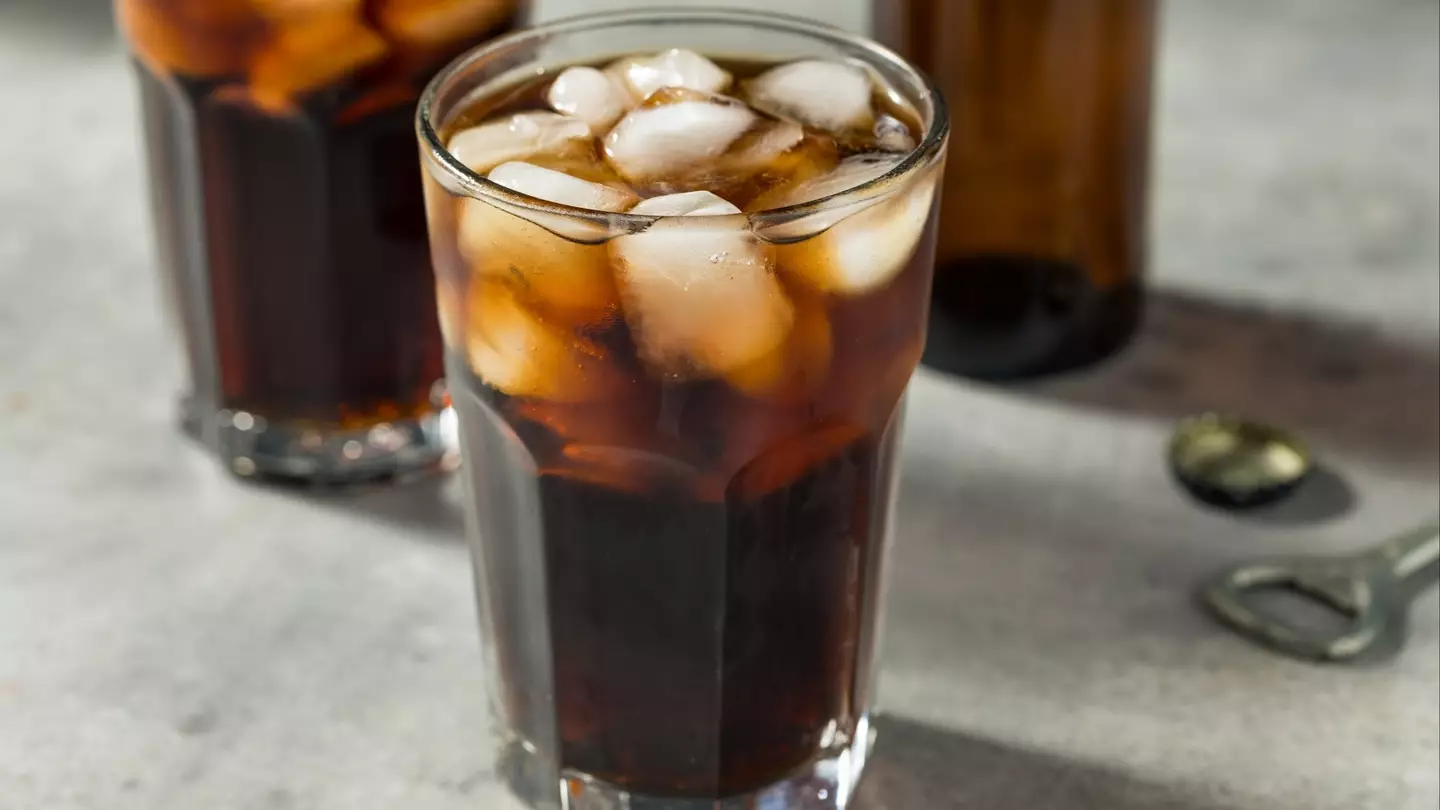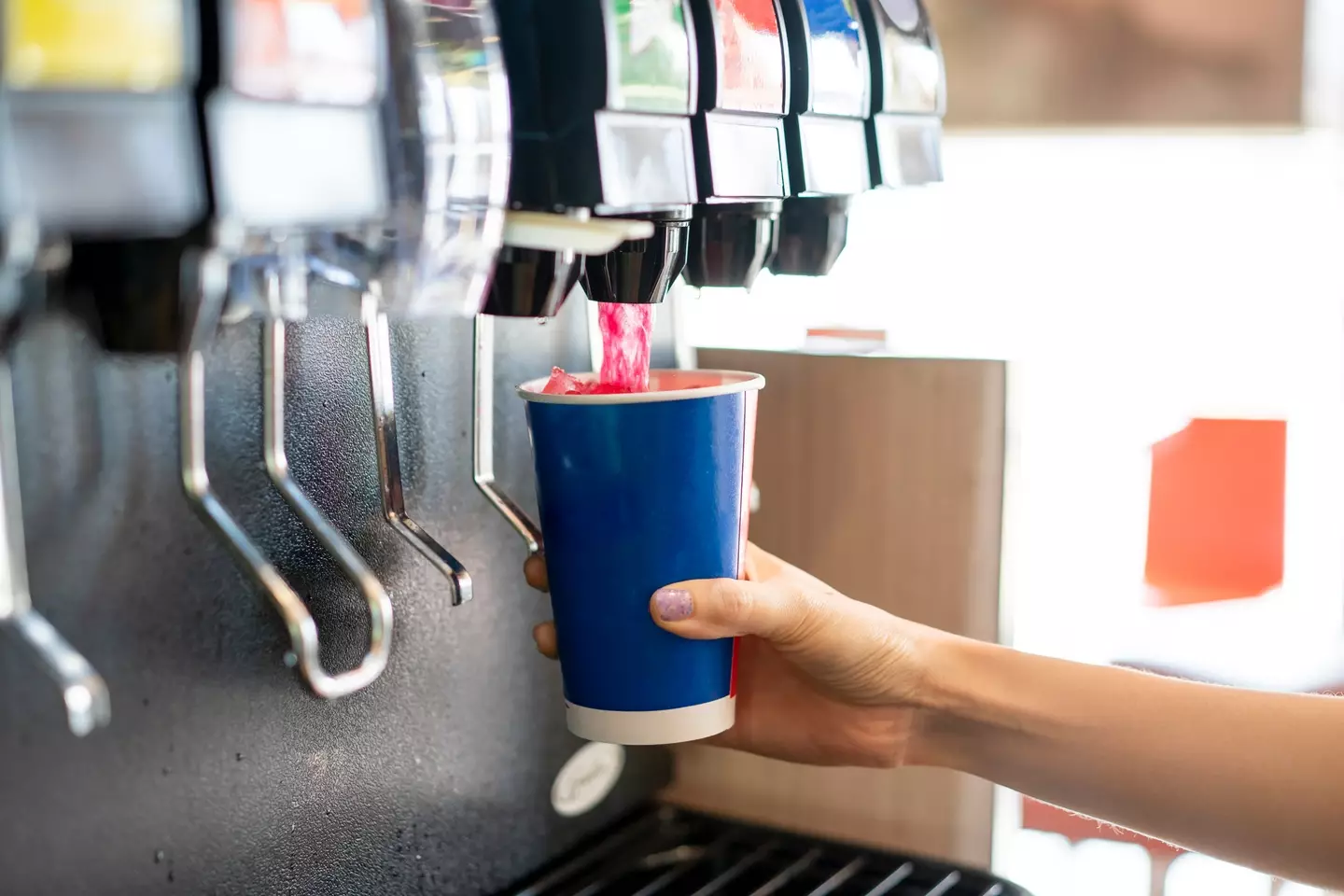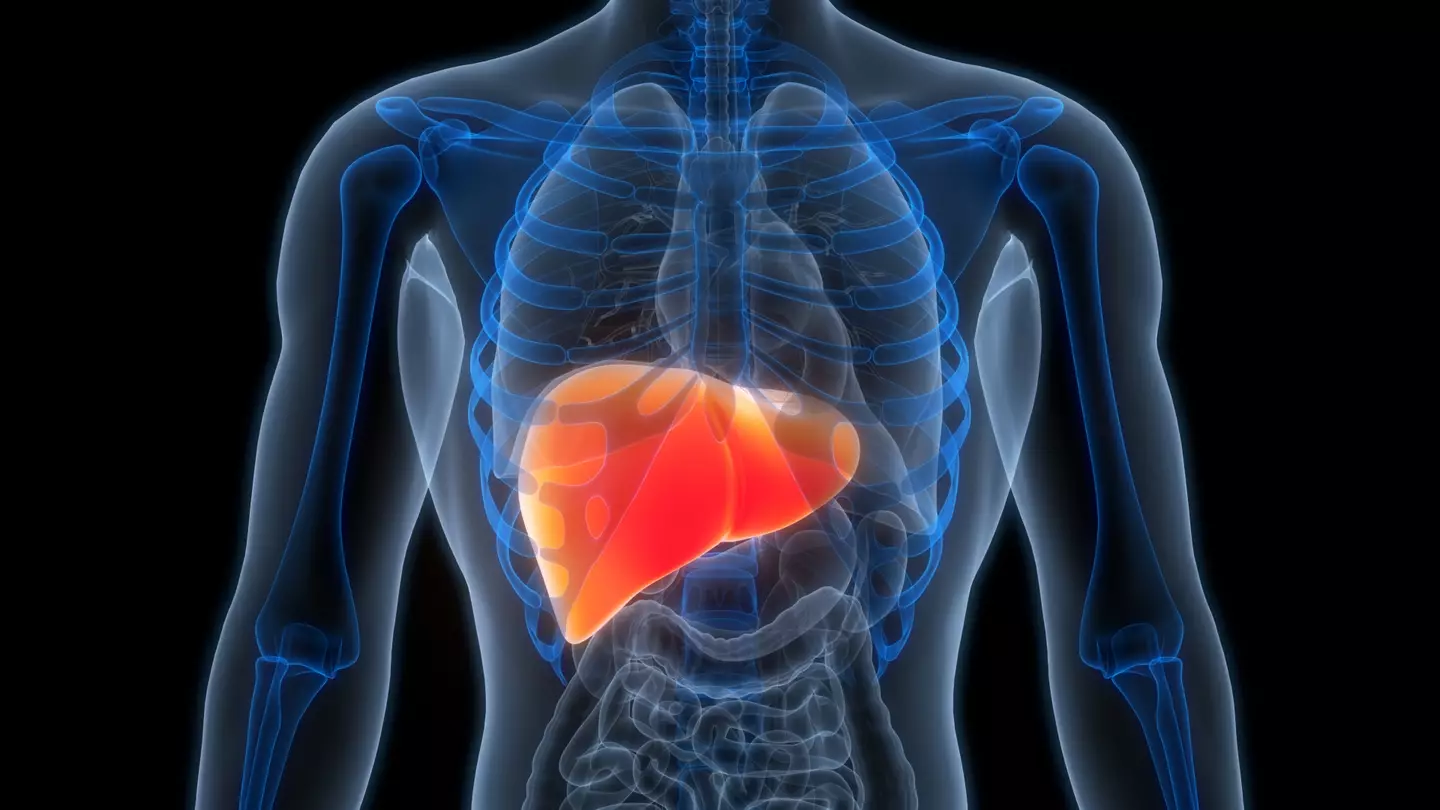
Nearly half of Americans opt for a glass of soda every single day, but new research has revealed it could be increasing their risk of developing a life-threatening condition.
Even those who drink less than one can a day could potentially be putting their health at risk.
While many of us believe the diet or zero calorie versions of our favorite sodas are better for our health, the study showed they are actually more likely than their more sugary counterparts to increase your risk of one specific liver condition.
According to the study, which was published in Medscape last month, drinking one nine ounce serving per day or more could increase the risk of developing nonalcohol fatty liver disease by 60 percent, while consumers who regularly drank the full sugar version saw a 50 percent risk instead.
Advert
With the average US can of soda being 12 ounces, that's less than one can a day.

"A global health concern"
Nonalcoholic fatty liver disease, or NAFLD, is a condition which causes the liver to build up fat in people who drink very little or no alcohol. Yet even despite being teetotal, the condition can cause huge damage, which is on par with the effects of a hardened drinker – potentially even leading to liver cirrhosis or cancer.
The condition itself is called metabolic dysfunction-associated steatotic liver disease, or MASLD, and is one of the leading causes of liver cancer worldwide.
Around 38 percent of the American population currently suffer from the condition, with numbers having jumped by 50 percent over the past three decades.
“Sugar sweetened beverages (SSBs) have long been under scrutiny, while their ‘diet’ alternatives are often seen as the healthier choice,” said lead study author Lihe Liu, a graduate student of Soochow University, in Suzhou, China.
“Our study shows that LNSSBs (low- or non-sugar-sweetened beverages) were actually linked to a higher risk of MASLD, even at modest intake levels such as a single can per day,” Liu said in a statement.
Crucially, the paper also revealed that ingesting diet drinks could actually lead to a higher risk of dying from liver disease.
“These findings challenge the common perception that these drinks are harmless and highlight the need to reconsider their role in diet and liver health, especially as MASLD emerges as a global health concern,” Liu said.

How do diet drinks affect the liver?
When drinking a normal sugary drink, the increased sugar level causes blood glucose and insulin to spike which can lead to increased weight gain. Excess sugar can also drive fat accumulation in the liver.
Diet drinks however, have an even bigger list of drawbacks, as their artificial sweeteners and low-calorie content fuelled by chemicals can directly impact on far more than just blood sugar levels.
“They can change the gut microbiome, interfere with feelings of fullness, increase preference for sweet foods and even stimulate insulin secretion,” Liu said. “Water, however, hydrates the body without affecting metabolism, helps with satiety and supports overall metabolic function.
“That’s why the risk reduction is similar no matter which sweetened drink is replaced — it shows that water is the healthiest default beverage.”
Topics: Health
